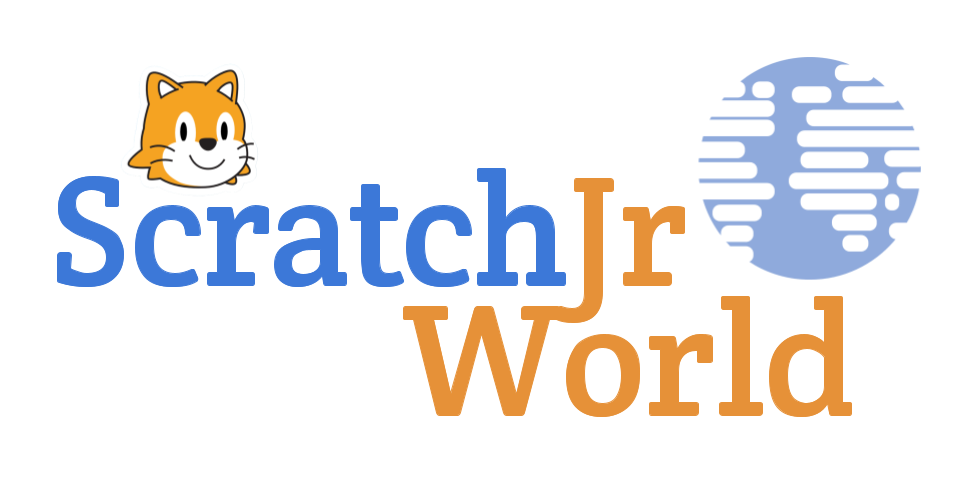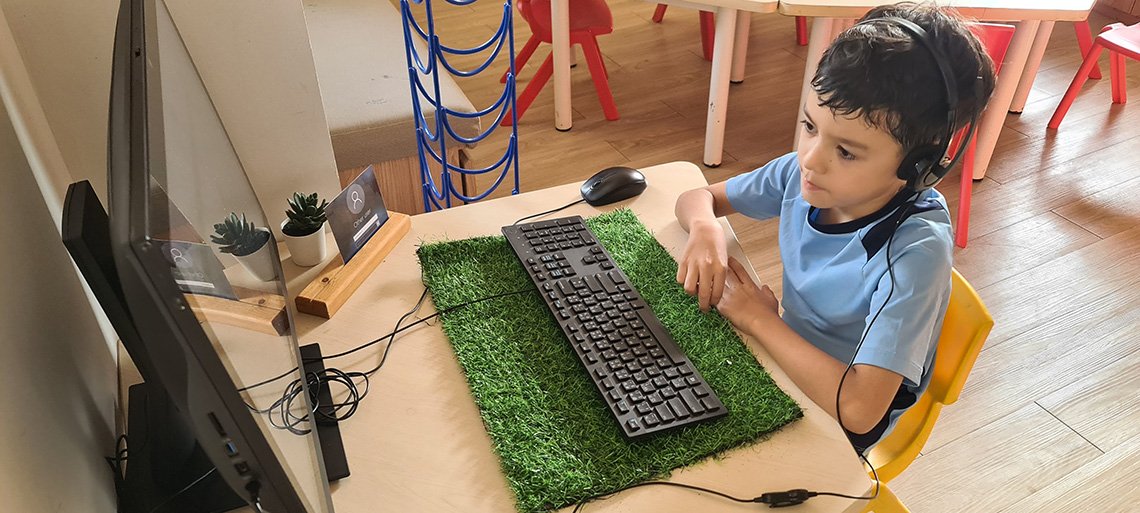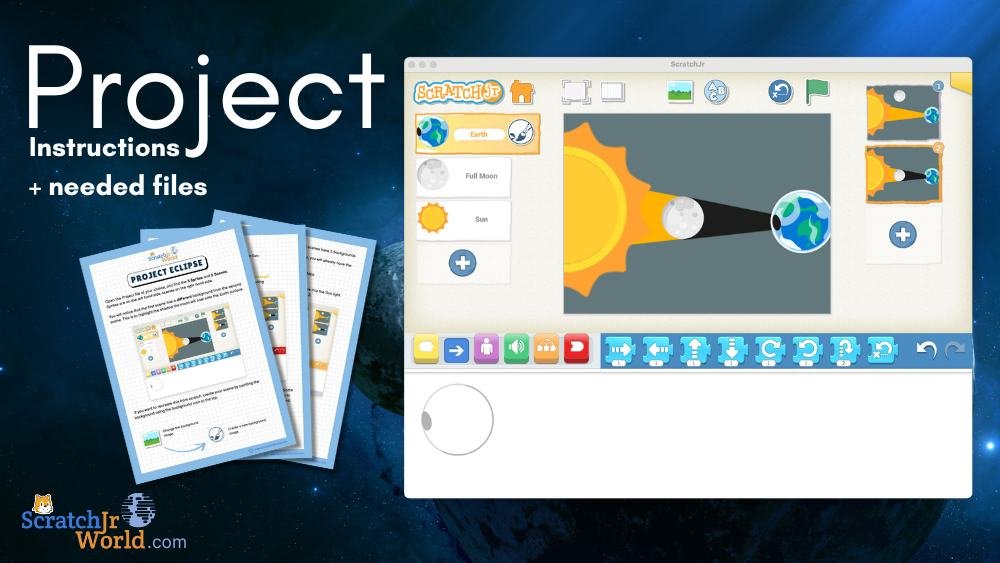2 out of 3 of new STEM jobs are in Computer Science, but only 10% of university STEM students study Computer Science. Only 3% of university students graduate with a degree in Computer Science. To summarise; There are more computing jobs than qualified workers to fill them.
So when people ask me; “Why should I teach coding to young children?”, I have to think beyond the simple answers. Beyond the; “It’s a great profession for their future career”. Beyond the; “They are guarenteed to land amazing jobs”. Whilst that may be a factor, I don’t feel that accurately conveys why we should teach young children how to code. Maybe later in their schooling journey, yes, we can use these motivators. But when they are young, there’s a much more compelling reason. A more important core principle that I keep coming back to when asked this question. And I keep gravitating back to the same answer.
It’s about the journey.
It sounds simple, but it’s really not about the programming languages. Teaching our learners to problem-solve using code-blocks in a real world scenario such as through the use of coding is a valuable tool. It ensures they embody life long skills such as; a love of learning, passion to solve problem. And it will build up their resilience in the face of challenges. Let me explain.
A scenario I see more often at the many schools I visit, and my own school is the following: Often, when presented with a challenge or a problem, the students facing this challenge will stop, look around and wait for someone to step in, help out, or solve the problem for them. In addition to this, the recent developments with technology, and in particular our use of devices have contributed to a shorter attention span and growing expectations of instant solution to a problem. At home, I have been guilty of this myself, with my own two children. I have taken away valuable opportunities for them to learn, make mistakes, and learn from those mistakes. At times, I’ve solved a challenge for them in the understanding that that would be faster and easier. But easier for whom? For them? Not really! Next time a similar issue presents itself, they still won’t be able to tackle it.
Our attention spans are worse than they were 20 years ago – half of these distractions are self-generated(We interrupt ourselves) and we have seen attention go from two and half minutes down to a mere 40 seconds or less, over the last 20 years according to Dr. Gloria Mark in the podcast listed below. (I highly recommend listening to this interesting interview)
Video Podcast: How To Regain Control Of Your Attention – Dr Gloria Mark
So back to the reason behind why I stepped in. Why I didn’t let my children struggle? Why did I think it would be faster to do it for them? Well, it was faster and easier for me! That’s the answer to that question. It was to help me, to make my life run smoother. Rather than teach the skill needed, I used my understanding of that skill to help. Not realising that I learnt these things by makes mistakes myself, by being allowed to struggle, by learning to overcome these struggles and persevere! Let’s give this generation of children the opportunities to make mistakes and learn from them. Let’s allow them to find something hard and experience the joy of overcoming that and finding it easier as they learn more and spend more time on a new skill. And guess what? ScratchJr is the perfect place to start!
With careful scaffolding, guided exploration, and through challenging your children and students, ScratchJr is a safe place to make mistakes, learn from these and build-up our resilience, computational thinking.



